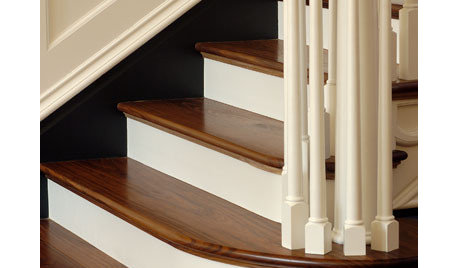Black Walnuts/Compost
beeman_gardener
13 years ago
Featured Answer
Sort by:Oldest
Comments (11)
jean001
13 years agoKimmsr
13 years agoRelated Professionals
Birmingham Landscape Architects & Landscape Designers · Stoughton Landscape Contractors · Wilmington Landscape Contractors · Surprise Landscape Contractors · Englewood Landscape Contractors · Long Branch Landscape Contractors · Merced Landscape Contractors · Rochester Landscape Contractors · Sugar Hill Landscape Contractors · Watertown Landscape Contractors · Welby Landscape Contractors · White Bear Lake Landscape Contractors · Woodburn Landscape Contractors · Bensenville Landscape Contractors · Lenexa Decks, Patios & Outdoor Enclosuresgoren
13 years agojean001
13 years agojolj
13 years agohelenh
13 years agobosal44
13 years agohelenh
13 years agofusion_power
13 years agojolj
13 years ago
Related Stories

GARDENING GUIDESGet on a Composting Kick (Hello, Free Fertilizer!)
Quit shelling out for pricey substitutes that aren’t even as good. Here’s how to give your soil the best while lightening your trash load
Full Story
INSIDE HOUZZInside Houzz: A Walnut Wall of Storage Opens Up a Kitchen
A 30-foot wall of storage frees up cooking areas and counters for food prep and entertaining
Full Story
MATERIALSWoodipedia: Walnut Wows in Traditional and Modern Settings
With its rich color and lustrous polished finish, walnut is a favorite wood for all kinds of millwork
Full Story
HOUZZ TOURSMy Houzz: Warm Walnut Rules in an Open-Concept Canadian Home
Traditional takes a turn for the modern in this remodeled St. John's home, newly focused on clean lines and sleek finishes
Full Story
MORE ROOMSIdea of the Week: Driftwood Mantel
Green builders turn black walnut river log into one-of-a-kind accent piece
Full Story
COLOR10 Pair-Ups for Black in the Kitchen
Combine black with other colors to add drama, polish and modernity. It also can make a kitchen look more spacious
Full Story
FLOORSDrama’s Afoot With Striking Black Floors
Be bold. Be brave. Drench your floors in black for a memorable interior scene
Full Story
DECORATING GUIDESWhat Goes With Black Walls?
Once seen only in teenagers’ bedrooms, black these days is chic and showing up everywhere. Learn which colors are its perfect partners
Full Story
COLORWake Up Your Woodwork With Black
Strike a dramatic note with black window frames, shelves, stairs and more, making features stand out or blend in
Full StoryMore Discussions








curt_grow